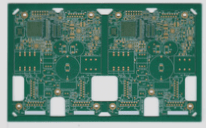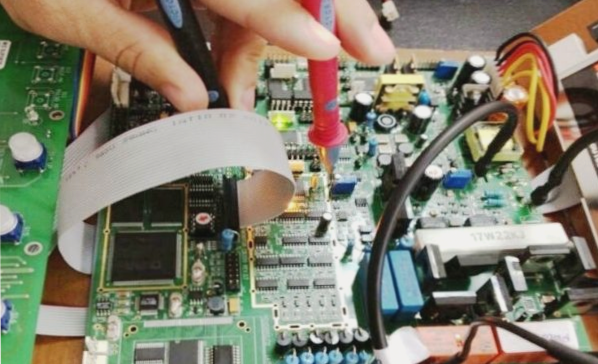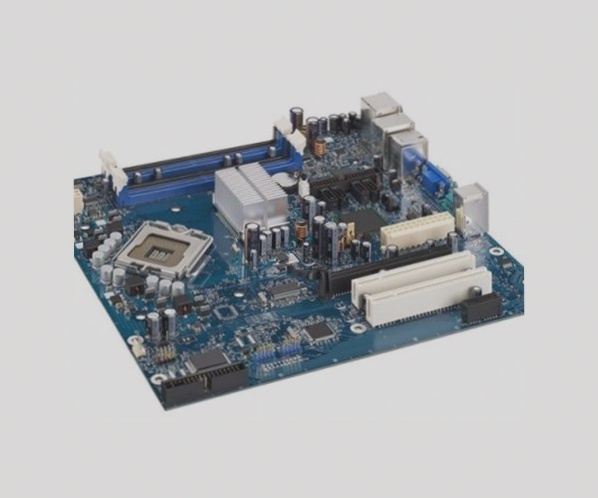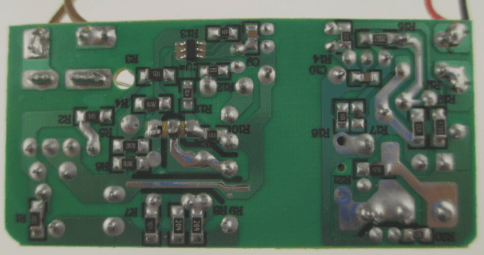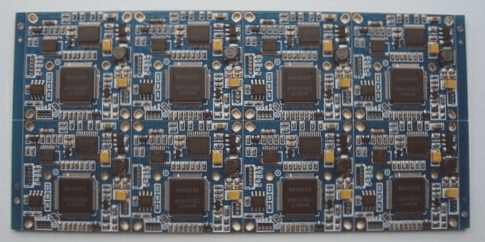Factors Contributing to PCB Soldering Defects
The main causes of PCB soldering defects are poor solderability of PCB holes, warpage during soldering, and improper PCB design, all of which can lead to issues like unstable connections, cold joints, or poor solder quality.

